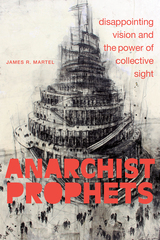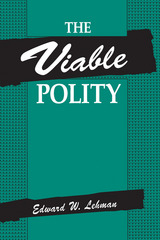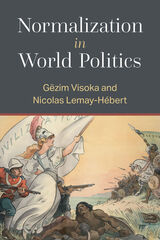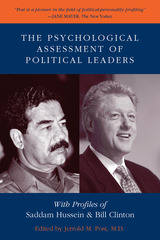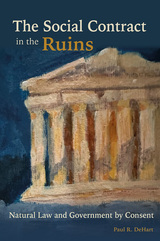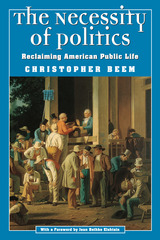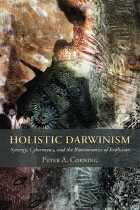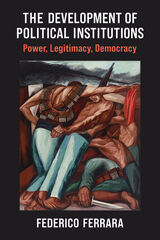Paper: 978-1-58901-177-9
Library of Congress Classification JC330.15.B68 2007
Dewey Decimal Classification 351.01
Economic individualism and market-based values dominate today's policymaking and public management circles—often at the expense of the common good. In his new book, Barry Bozeman demonstrates the continuing need for public interest theory in government. Public Values and Public Interest offers a direct theoretical challenge to the "utility of economic individualism," the prevailing political theory in the western world.
The book's arguments are steeped in a practical and practicable theory that advances public interest as a viable and important measure in any analysis of policy or public administration. According to Bozeman, public interest theory offers a dynamic and flexible approach that easily adapts to changing situations and balances today's market-driven attitudes with the concepts of common good advocated by Aristotle, Saint Thomas Aquinas, John Locke, and John Dewey.
In constructing the case for adopting a new governmental paradigm based on what he terms "managing publicness," Bozeman demonstrates why economic indices alone fail to adequately value social choice in many cases. He explores the implications of privatization of a wide array of governmental services—among them Social Security, defense, prisons, and water supplies. Bozeman constructs analyses from both perspectives in an extended study of genetically modified crops to compare the policy outcomes using different core values and questions the public value of engaging in the practice solely for the sake of cheaper food.
Thoughtful, challenging, and timely, Public Values and Public Interest shows how the quest for fairness can once again play a full part in public policy debates and public administration.
See other books on: Common good | Interest | Public administration | Public Affairs & Administration | Public interest
See other titles from Georgetown University Press

